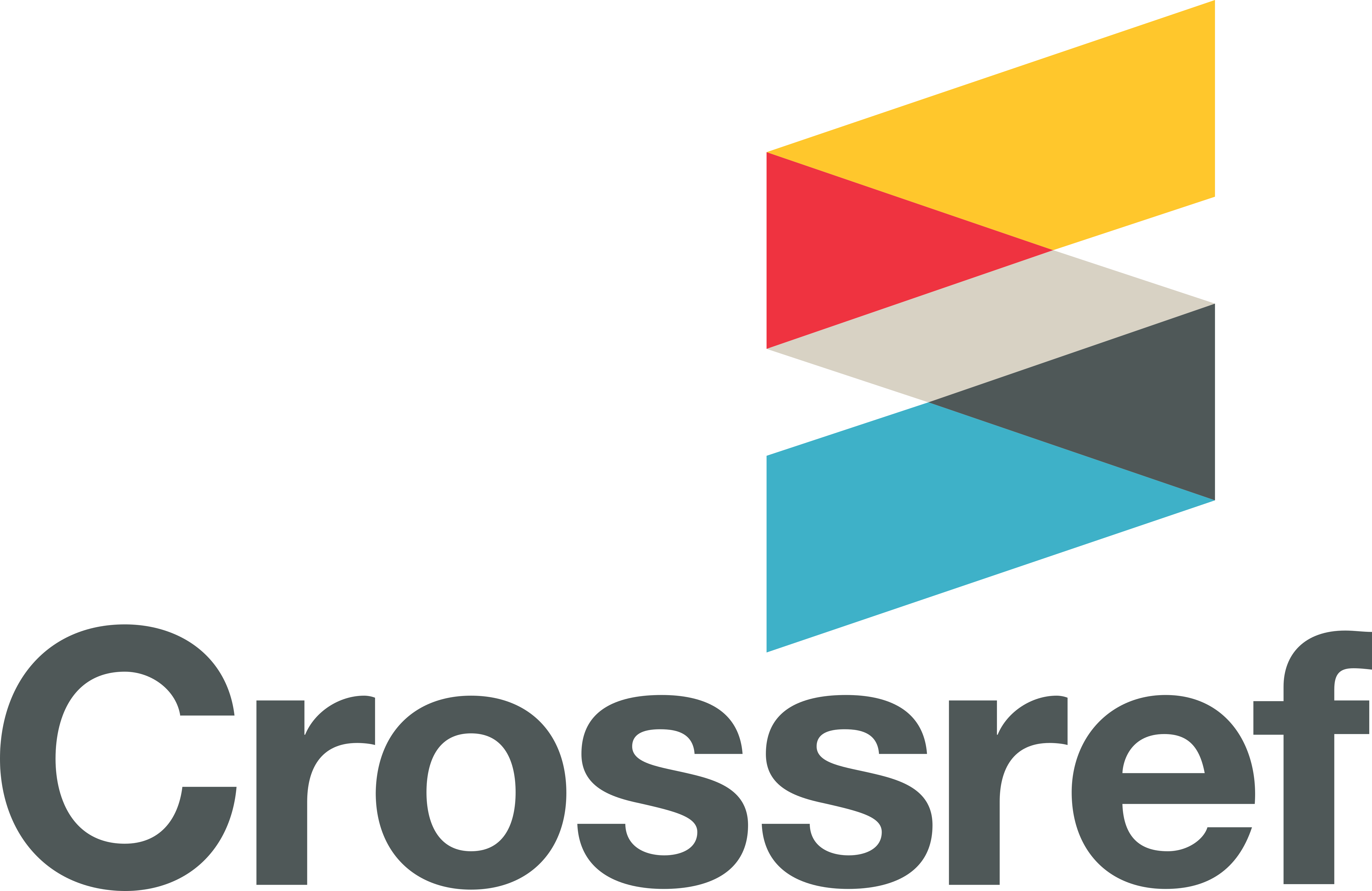Study of The Effect of Job Training and Employee Competence on Employee Work Productivity at The Ministry of Human Resources and Transmigration
DOI:
https://doi.org/10.53947/tspj.v2i1.404Keywords:
training, competency, employee productivityAbstract
This study aims to determine and examine the effect of work skills training programs and employee competencies on employee productivity with the locus at the Directorate General of Community Development and Transmigration Areas, Ministry of Human Resources, and Transmigration of the Republic of Indonesia. Based on the results of the Research that has been done, it can be concluded that: 1) The correlation coefficient value of the Employee Competency training program (X1) on Employee productivity (Y) has a very strong influence which means that if job training programs improve, then employee productivity also increases. The work skills training program also determines employee productivity, and other factors influence the rest. From the calculation results, Ho is rejected, and Ha is accepted. This shows that the job skills training program significantly affects employee productivity. The calculation results show that the magnitude of the multiple correlation coefficient between the job skills training program and employee competence with productivity is very strong, which means that the job skills training program and employee competence increase, and employee productivity also increases. While the coefficient of determination (r2) is 0.771, which means that employee productivity is 77.1% determined by the work skills training program, and employee competence and other factors influence the remaining 71.6%. From the calculation results, it is known that F count (38.160) > F table (3.23), so Ho is rejected, and Ha is accepted. This shows that the job skills training program and employee competence can increase employee productivity.
References
Hani, Handoko, 2016, Manajemen Personalia dan Sumber Daya Manusia, Yogyakarta: Edisi Kedelapan, BPFE.
Husnan, Suad, 2020, Resiko Dalam Keputusan Investasi, Yogyakarta: BPFE.
Kartono, Kartini, 2014, Psikologi Sosial untuk Manajemen, Jakarta: PT. Raja Grafindo Persada.
Moekijat, 2010, Management Kepegawaian/Personel Management, Jakarta: Alumni.
Muhammad As’ad, 2012, Psikologi Industri, Yogyakarta: Liberty.
Mulyono, 2010, Penerapan Produktivitas Dalam Organisasi, Jakarta: PT. Bina Aksara.
Nitisemito Alex Sumadji, 2019, Manajemen Sumberdaya Manusia, Cetakan ke- 7. Jakarta: Ghalia Indonesia.
Ravianto J., 2001, Produktivitas dan Manusia Indonesia, Jakarta: Lembaga SIUP.
Schermenharn, John R. 2003, Manajemen. Yogyakarta: Penerbit Andi.
Sedarmiyanti, 2017, Good Governance, CV. Mandar Maju, Bandung.
Siagian, Sondang, 2002. Manajemen SDM, Jakarta: Bumi Aksara.
Simamora, Henry, 2002, Manajemen Sumber Daya Manusia, Yogyakarta: Penerbit Bagian Penerbitan STIE YKPN.
Sinungan, Muchdarsyah, 2003, Produktivitas Apa dan Bagaimana; Jakarta: Bumi Aksara.
Sugiyono, 2020, Metode Penelitian Kuantitatif dan Kualitatif, Bandung: Penerbit Alfabeta.
Suradinata, Ermaya, 2012, Filsafat dan Metodologi Ilmu Pemerintahan, Bandung: Ramadhan.
Suwarto, 2002, Dasar-dasar Organisasi Manajemen, Jakarta: Gunung Agung.
Swastha, Basu, 2001, Azas-azas Marketing, Jakarta: Edisi Ketiga, CV. Liberty.
Wahjosumidjo, 2004, Faktor-faktor yang Mempengaruhi Motivasi, Mc. Graw-Hill Book Company.
Downloads
Published
How to Cite
License
Copyright (c) 2022 The Social Perspective Journal

This work is licensed under a Creative Commons Attribution-ShareAlike 4.0 International License.









